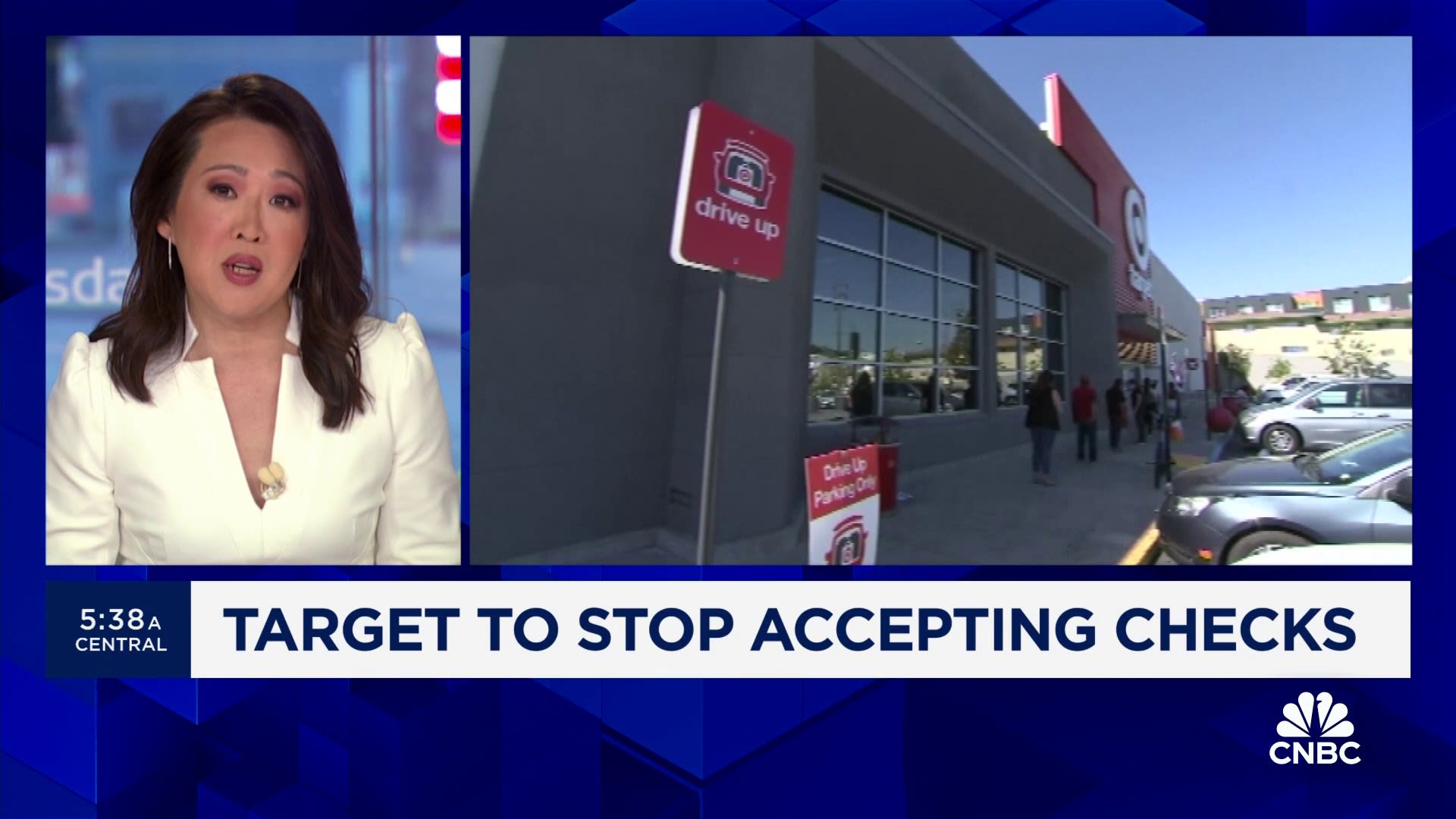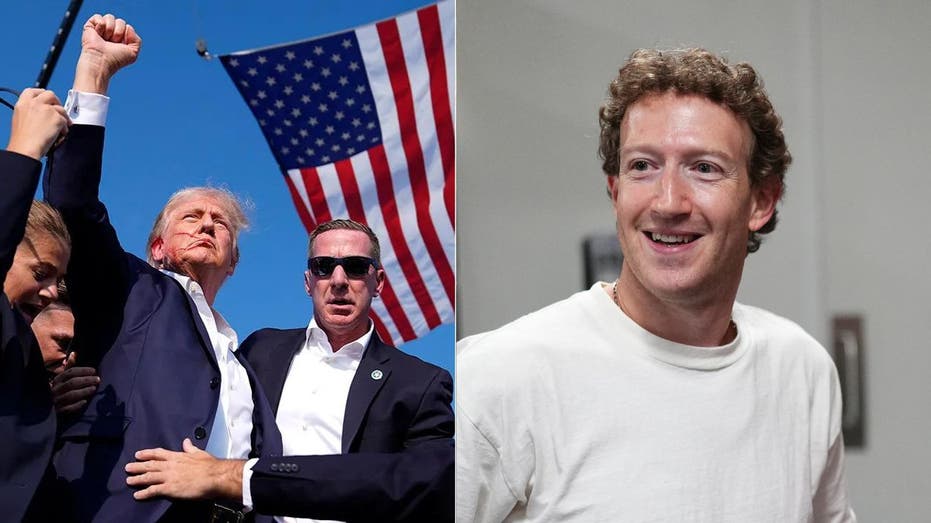Nadya Lukic | E+ | Getty Images
Most Americans may not even remember the last time they wrote a check.
Only 15% of adults said they wrote a few checks a month in 2023, according to a recent report by GoBankingRates. At the time of the late November survey, 46% of the more than 1,000 respondents said they hadn’t written a single check in 2023.
These days, consumers are far more likely to “tap and go.”
In fact, in the years since the Covid pandemic, Americans have fully embraced contactless and digital payment methods, while check writing has steadily declined into near-oblivion.
Some retailers rule out paper checks
As of July 15, Target joined a growing list of retailers, including the Aldi supermarket chain, Whole Foods, Old Navy and Lululemon, that no longer accept personal checks as payment.
Even more businesses are likely to follow suit, according to Scott Anchin, vice president of operational risk and payments policy for the Independent Community Bankers of America. That’s in part because check fraud is a significant issue, he said.

“The check is inherently insecure,” Anchin said. “Handing over a check is akin to sharing a screenshot of bank details alongside a Venmo transfer — no one would consider this safe.”
With significant advancements in security, thanks to authentication, monitoring and data encryption, the shift by retailers and consumers to contactless and digital payment methods will only continue to grow, accelerating the move toward a “check zero” world, he said.
So, if personal checks are heading toward extinction, who, if anyone, is affected?
Who uses checks anyway?
In 2024, check writers skew older and are likely at the margins of the banking community, according to Anchin. Americans over the age of 55 are the most likely to write checks every month, GoBankingRates also found.
However, it wasn’t always that way.
Although checks, as we know them today, first originated in the 11th century, they didn’t become mainstream until the early 20th century, following the Federal Reserve Act of 1913, according to a historical survey by the Federal Reserve Bank of Atlanta.
But back then, “everyday people didn’t have checking accounts, that was for rich people,” said Stephen Quinn, professor of economics at Texas Christian University and co-author of the Atlanta Fed’s report. “It wasn’t until after World War II that checking accounts were a common thing.”
Postwar prosperity greatly expanded the use of checking accounts to middle-class households, making checks the most widely used noncash payment method in the U.S., the Atlanta Fed found.
Personal checks continued to gain steam until the mid-1990s, when credit and debit cards largely took over. Since 2000, check-writing has plummeted by nearly 75%.
Despite the rapid decline, “a form of payment with a thousand-year history is unlikely to vanish overnight,” the Atlanta Fed report said.
And yet, today’s young adults are increasingly eschewing the traditional banking and credit infrastructure altogether in favor of peer-to-peer payment apps.
Quinn said his students rely almost exclusively on digital wallet payments such as Apple Pay, Venmo and Zelle — hardly anyone carries cash, and it’s likely that few even know how to write a check.
More from Personal Finance:
CFPB cracks down on popular paycheck advance programs
More Americans are struggling even as inflation cools
I lost my wallet. Here’s what experts say I should do
In this way, mobile payment apps have become de facto bank accounts — even though, unlike banks or credit unions, these financial services are not FDIC-insured.
Still, there remains a place for personal checks, Quinn said.
“The paper check might linger where it began, at the high end — for large one-off payments,” he said, such as charitable donations or real estate transactions. “In this way, checks might hold on for some time.”

